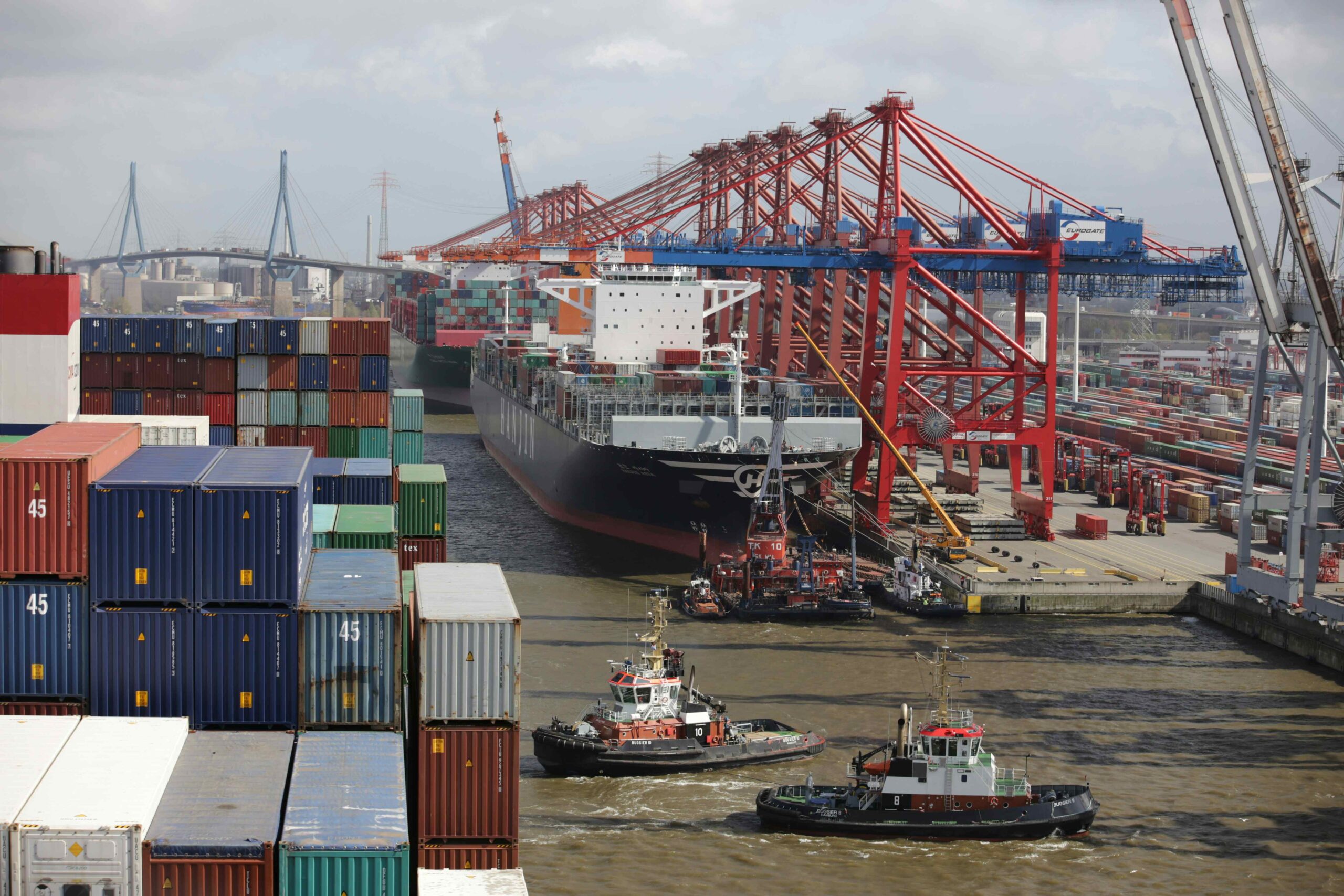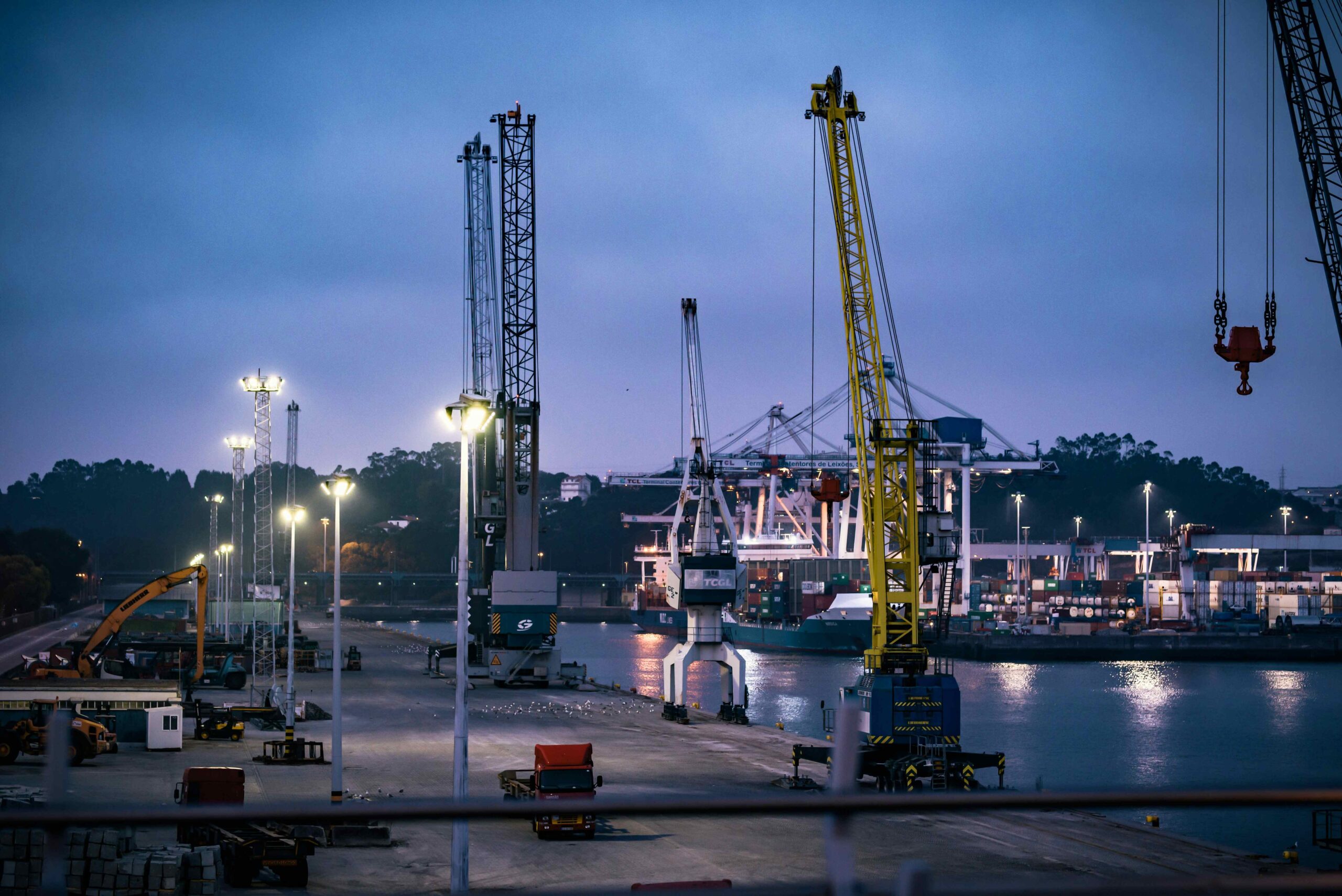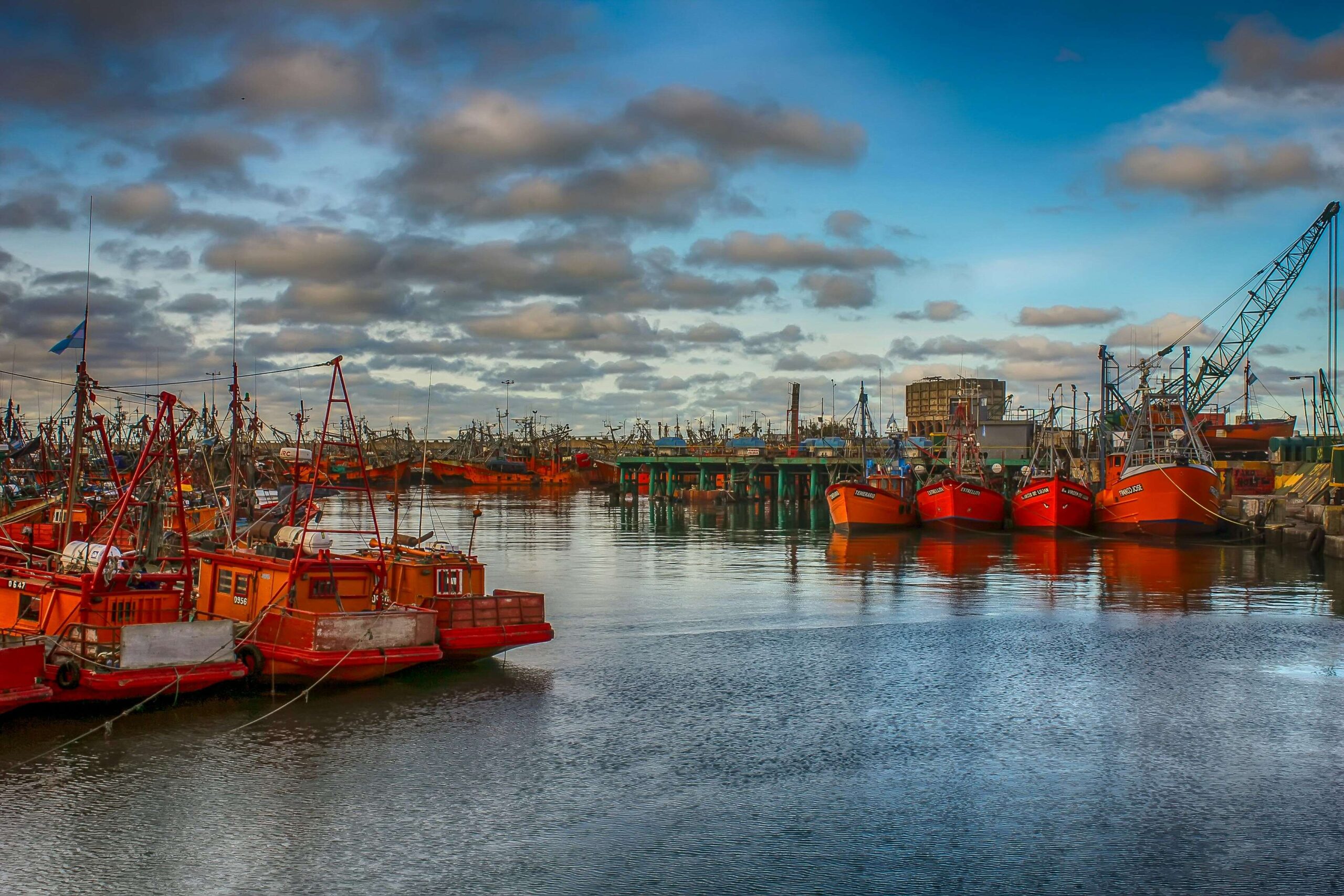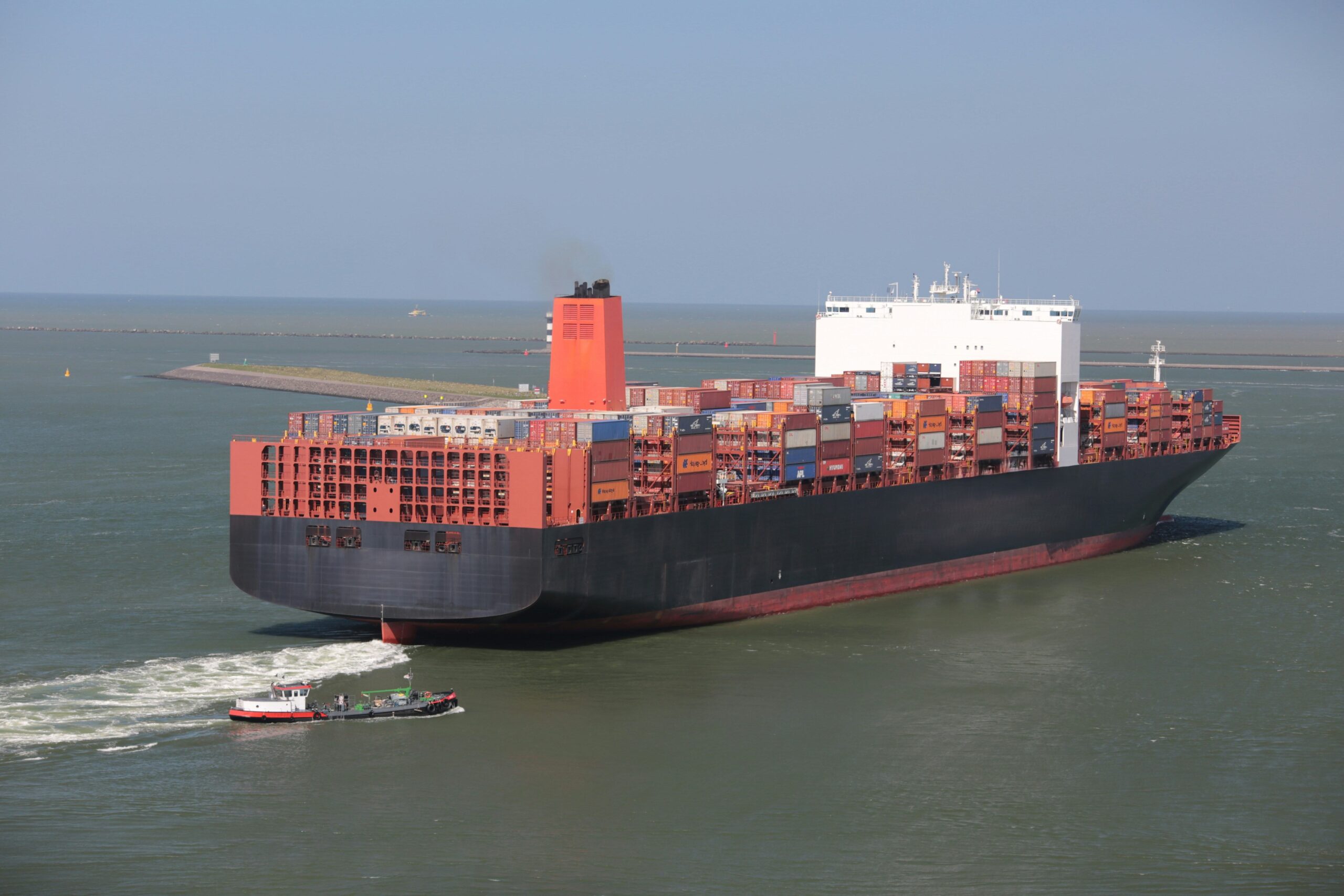Innovations in maritime safety equipment
Maritime safety is a paramount concern in the global shipping industry, as the vast and often unpredictable nature of the sea poses numerous risks to vessels, crew members, and cargo. To address these challenges, continuous innovations in maritime safety equipment have been crucial
Advancements in maritime communication systems
Maritime communication systems are the lifeblood of the shipping industry, ensuring safe, efficient, and effective vessel operations worldwide. Over time, technological advancements have revolutionized these communication systems, driving significant improvements in navigation, safety, operational efficiency, and the overall sustainability of the maritime industry.
Role of big data analytics in port management
Port management has traditionally been a complex and multifaceted process, involving the coordination of various activities such as cargo handling, vessel traffic, and logistical support. However, with the advent of big data analytics, the management of ports has been revolutionized, enabling more efficient,
Impact of artificial intelligence in maritime logistics
The maritime logistics industry, a critical backbone of global trade, has undergone significant transformation over the years. One of the most profound changes in recent times is the integration of Artificial Intelligence (AI) into its operations. AI is revolutionizing maritime logistics, enhancing efficiency,
Cybersecurity challenges in maritime operations
As maritime operations increasingly embrace digitalization and connectivity, cybersecurity has emerged as a pivotal concern. The integration of advanced technologies like IoT, satellite communications, and automation systems has ushered in new efficiencies but also exposed vulnerabilities that threaten operational safety and data integrity.
Future trends in autonomous shipping
The maritime industry is witnessing a revolutionary shift towards autonomous shipping, driven by technological innovation and a commitment to efficiency, safety, and sustainability. As advancements continue to unfold, several key trends are shaping the trajectory of autonomous vessels. 1. Cutting-Edge Technological Innovations: At
Role of AI and Machine Learning in Bunker Fuel Optimization
Artificial Intelligence (AI) and Machine Learning (ML) are reshaping the maritime industry, particularly in optimizing bunker fuel management. These advanced technologies leverage data-driven insights, predictive capabilities, and operational efficiencies to enhance fuel usage, reduce costs, and promote environmental sustainability. This article explores how
Impact of Digital Twins on Bunker Fuel Efficiency Modeling
Digital twins have emerged as a transformative technology in the maritime industry, revolutionizing the monitoring, analysis, and optimization of bunker fuel systems. This innovative approach enables real-time simulation and data-driven insights, significantly shaping fuel efficiency modeling and operational strategies within maritime operations. This
Real-World Performance Data Analysis of Bunker Fuels
Analyzing real-world performance data of bunker fuels is essential for understanding their efficiency, emissions profile, and operational impact in maritime transportation. This article explores the significance of real-world data analysis, methodologies employed, key findings, and implications for stakeholders in the bunker fuel industry.
Maritime Cybersecurity Concerns in Bunker Fuel Operations
In today’s interconnected digital environment, cybersecurity has emerged as a critical concern across all industries, including maritime operations. Bunker fuel operations, involving the storage, transportation, and management of crucial fuel supplies, face unique vulnerabilities to cyber threats due to their reliance on complex










